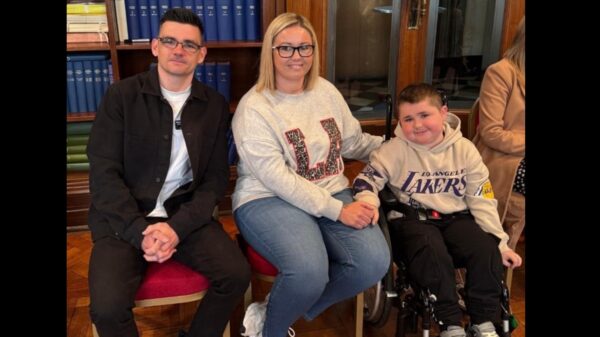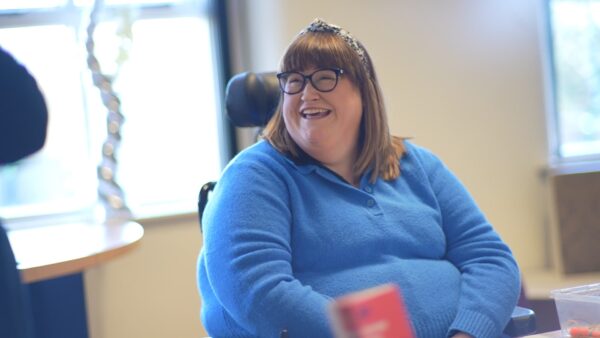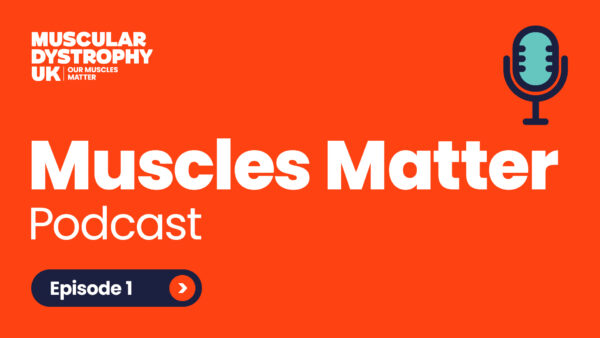Get the latest news, inspiring stories, upcoming events, and valuable support services delivered straight to your inbox.
ALL NEWS
Filter by type

Givinostat – our role in supporting access to new treatments
May 2, 2025

Building a legacy: Over £8 million raised by property sector fundraising event
May 2, 2025

Our auction for London’s hottest ticket: You Me Bum Bum Train
April 16, 2025

Accelerating the development of treatments for congenital muscular dystrophy – our £1 million partnership with LifeArc
April 14, 2025

New drug in development for primary mitochondrial myopathies
April 11, 2025

New Muscle Groups dates announced
April 9, 2025

We’re calling on the UK Government to tackle the challenges faced by people with muscle wasting and weakening conditions in its upcoming 10 Year Health Plan
April 8, 2025

Translarna, a treatment for Duchenne muscular dystrophy, remains available in the UK
April 7, 2025

Our brand NEW podcast now available
March 27, 2025

Lifechanging grants for children – our new partnership with Whizz Kidz
March 25, 2025

DMD Care UK webinar for patients and families about vamorolone
March 21, 2025

Proposed welfare reforms and benefits cuts: what do we know about how this will affect people with muscle wasting and weakening conditions?
March 20, 2025
